Tags
Kazakhstan
-
Police Coerce Complaints Against Unregistered Churches
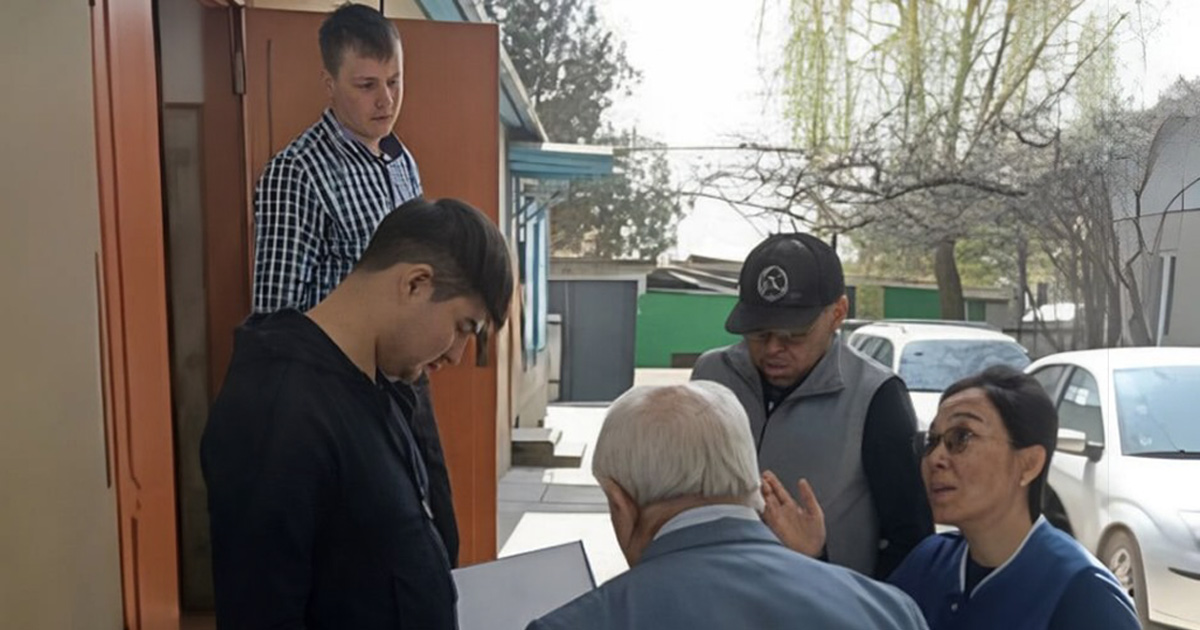
A previous raid at the Shu Baptist Church.
Photo: Council of Churches Baptist via Forum 18Police in Kazakhstan continue to pressure congregations belonging to the Council of Churches Baptist in an ongoing campaign to force them to register with the government. Recent reports indicate that the authorities have coerced individuals into filing complaints against these churches, even dictating what they should say.
-
Multiple Raids of Unregistered Gatherings
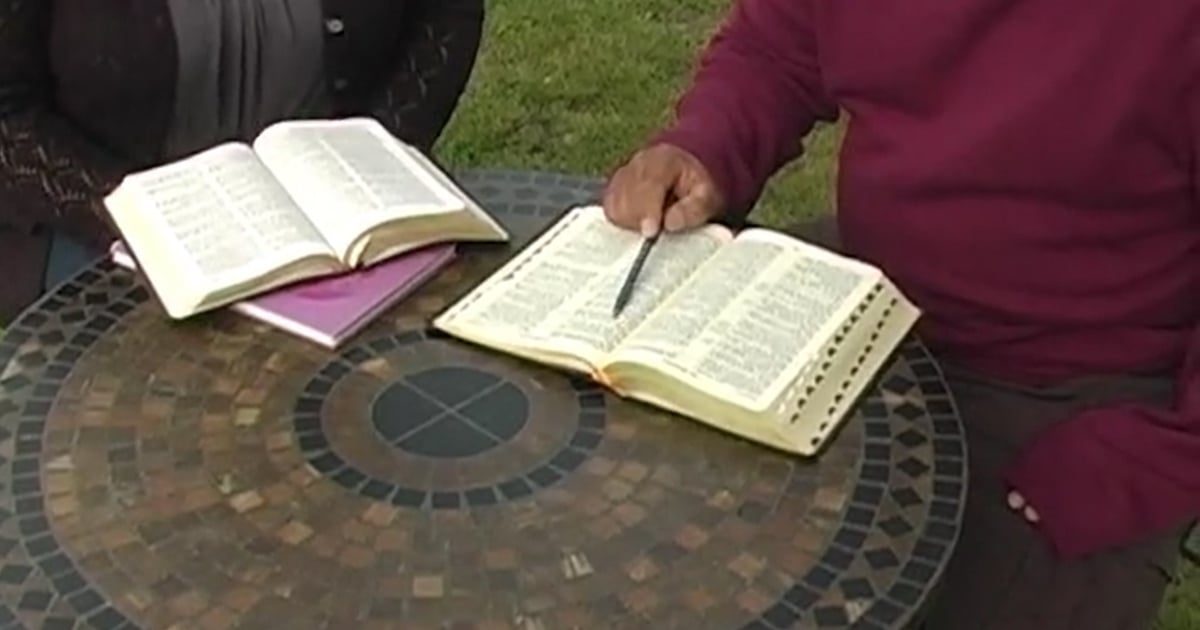
A Bible study in Kazakhstan
Photo: VOMCPolice in the Shu district of southern Kazakhstan raided four worship gatherings during the months of March and April, resulting in a total of seven fines being laid. During the raids, officers filmed those who were present and demanded that they provide written statements explaining the reasons for their gatherings. These raids affected the worship activities of three unregistered Protestant churches.
-
Banking Access Blocked for Church
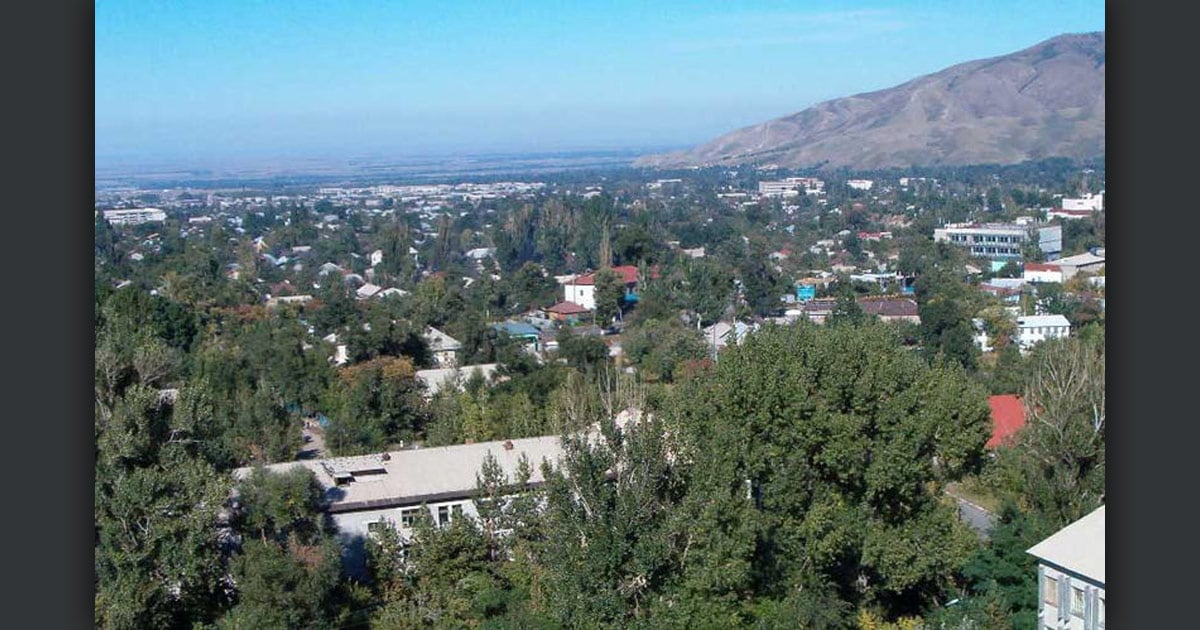
Talgar, Kazakhstan
Photo: Wikipedia / Makvlad (cc)For the past five years, the New Life Pentecostal Church has encountered repeated problems while trying to gain access to banking services – to the point of the recurring situation being described as "incomprehensible." With no access, the church administration has had difficulties paying necessary taxes, along with numerous other challenges.
-
Civil Suits Used in Religious Opposition
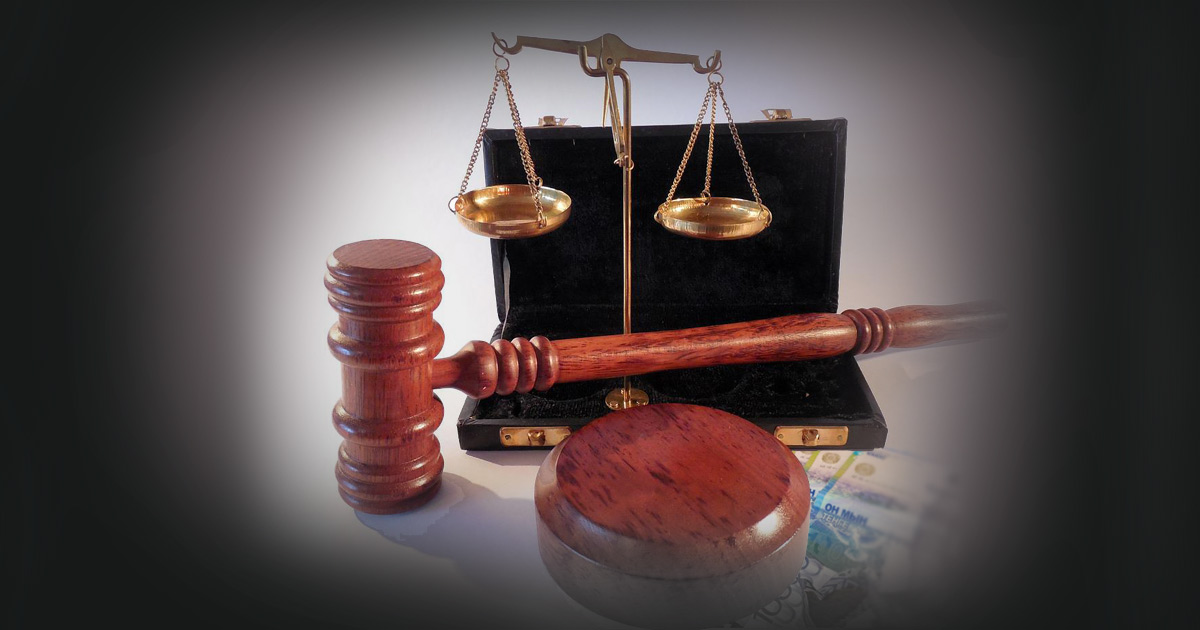
As a recent spate of civil suits have been launched against religious groups in Kazakhstan, some human rights experts are suspecting that state officials may be instigating the legal action, or at least providing support. If accurate, this would be a new way for the Kazakhstan government to take action against the religious minority groups they oppose.
-
Parliament Debates New Religious Restrictions
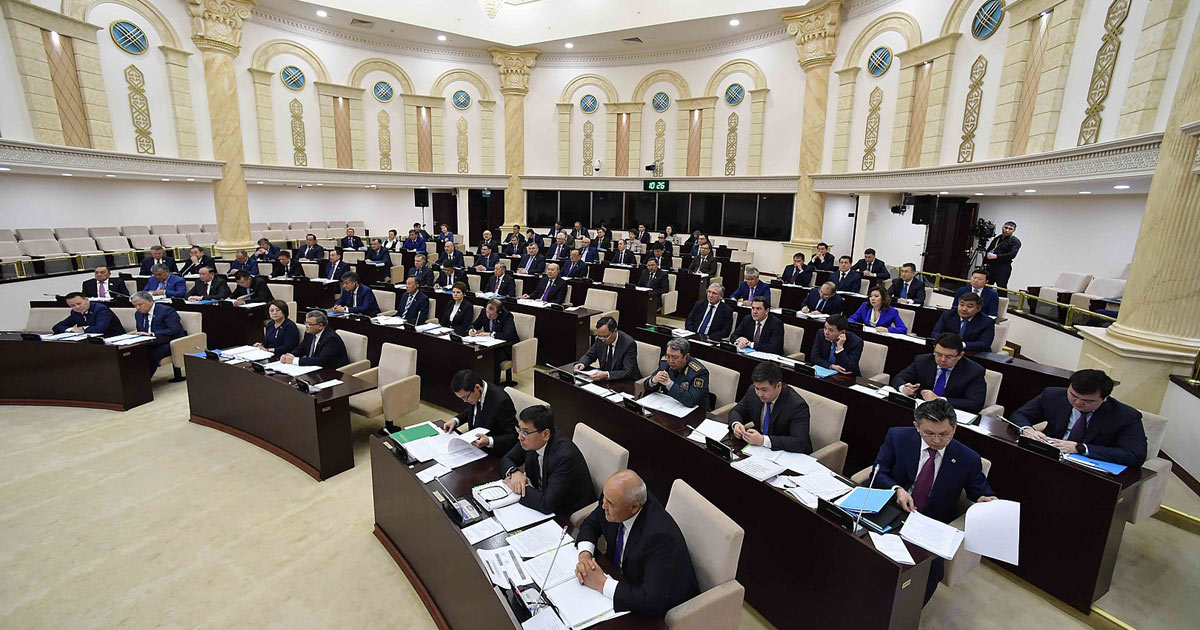
Kazakhstan Senate
Photo: Wikipedia / SenateKZ (cc)On October 6th, amendments to Kazakhstan's religious laws were approved by the Parliament and then passed on to the Senate. The legislation added new restrictions to religious events conducted outside a building of worship owned by a registered religious organization. Already, any religious community not in receipt of an official state registration is presently being banned, and the process of obtaining such registration has proven to be very difficult. Under the new amendments, any activity taking place at a different location from that of the registered place of worship will require approval at least ten business days in advance, along with a detailed explanation of what the event is to entail. The approval of these religious events rests with local officials who could withhold permission for many reasons.
-
Religious Worshippers Monitored and Fined
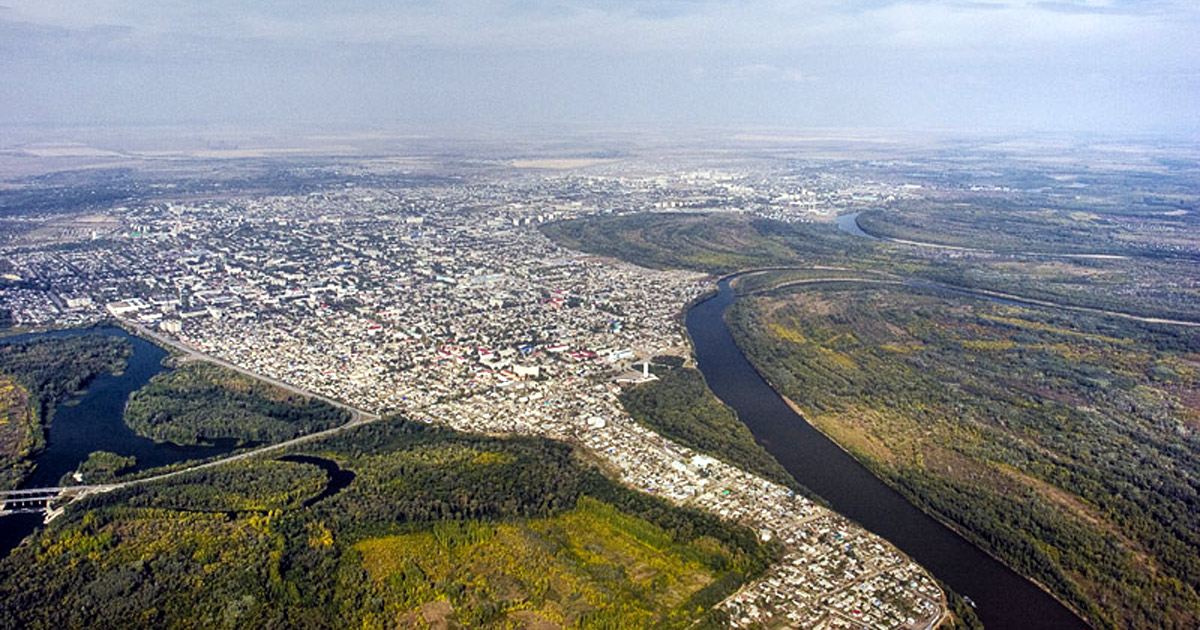
Oral, Kazakhstan
Photo: Wikipedia / Bereshev (cc)Since the beginning of 2021, at least 20 cases have gone to court in Kazakhstan for holding religious meetings without state permission. The fines brought against them varied from three weeks' to four months' average wages. Amendments are also presently in the works to further tighten certain religious restrictions in the country.
-
Appeal Fails to Halt Seizures
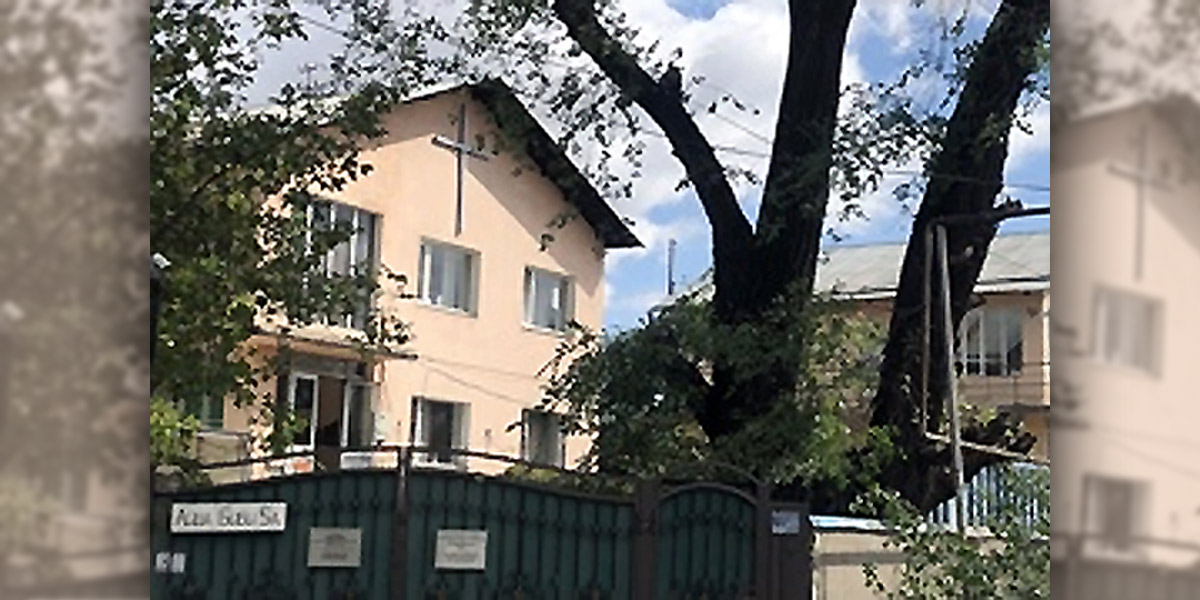
New Life Church property in Almaty
Photo: Ivan Kryukov (cc)On September 17th, a court in the city of Almaty upheld an earlier decision to seize two buildings owned by the New Life Protestant Church. The facilities were being used for worship, as well as a means of support for those suffering from drug and alcohol dependency.
-
Church Buildings Confiscated
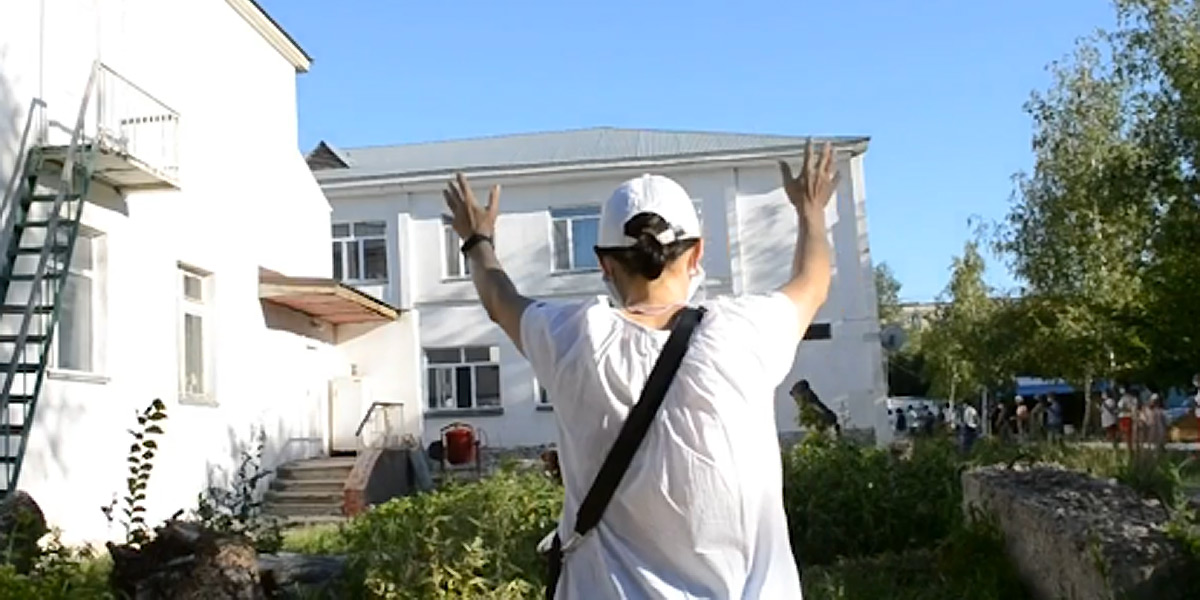
Church member prays outside Grace Church.
Photo: Grace Church via Forum 18City officials in Kazakhstan's capital of Nur-Sultan have ordered the confiscation of the Grace Presbyterian Church building, as well as the place of worship being constructed on the same site for the Agape Pentecostal Church. The authorities claim that the land is needed for a new public kindergarten.
-
Three Pastors Sentenced
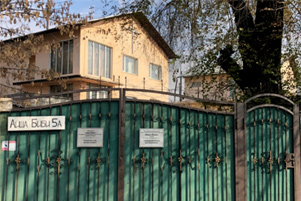
New Life Church property in Almaty
Photo: Ivan Kryukov (cc)Three self-exiled pastors have been sentenced to terms up to five years for leading the New Life Pentecostal Church in the city of Almaty. The sentences were announced on November 1st, when the court rejected their latest appeal. The founding pastor, Maxim Maximov, faces five years in prison, while his wife Larisa Maximova, and ministry colleague Sergei Zaikin, each face four years. All three pastors intend to appeal the conviction at the Supreme Court.
-
Registration Delays
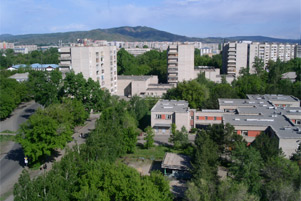
Oskemen, Kazakhstan
Photo: Wikipedia / Maonya (cc)Despite its claimed allegiance to United Nations policies governing freedom of religion, the country of Kazakhstan places significant restrictions on any religious practice. Members of religious groups can only gather if registered, and they can only register if their group consists of at least 50 founding members. Even then, registration is often delayed.

